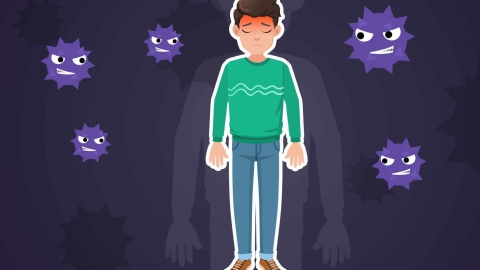Will a person with HIV transmit the virus to others?
Generally, individuals carrying HIV may transmit the virus to others. A detailed analysis is as follows:

The primary transmission routes of AIDS include sexual contact, blood transmission, and mother-to-child transmission. Individuals carrying HIV have the human immunodeficiency virus (HIV) in their bodies. During unprotected sexual activity, the virus can enter the other person's body through mucous membranes or breaks in the genital area, leading to infection. Regarding blood transmission, sharing needles, receiving contaminated blood or blood products, or using medical instruments that have not been strictly sterilized may all lead to transmission of HIV from carriers to others.
If individuals carrying HIV become pregnant, it is possible for the virus to be transmitted to the fetus or infant during pregnancy, childbirth, or through breastfeeding. Although general daily contact, such as sharing meals, shaking hands, hugging, or using office supplies together, does not transmit HIV, under the specific transmission routes mentioned above, HIV carriers are highly contagious and can spread the virus to others.
In daily life, maintaining a single sexual partner and properly using reliable quality condoms can help prevent the sexual transmission of HIV.







